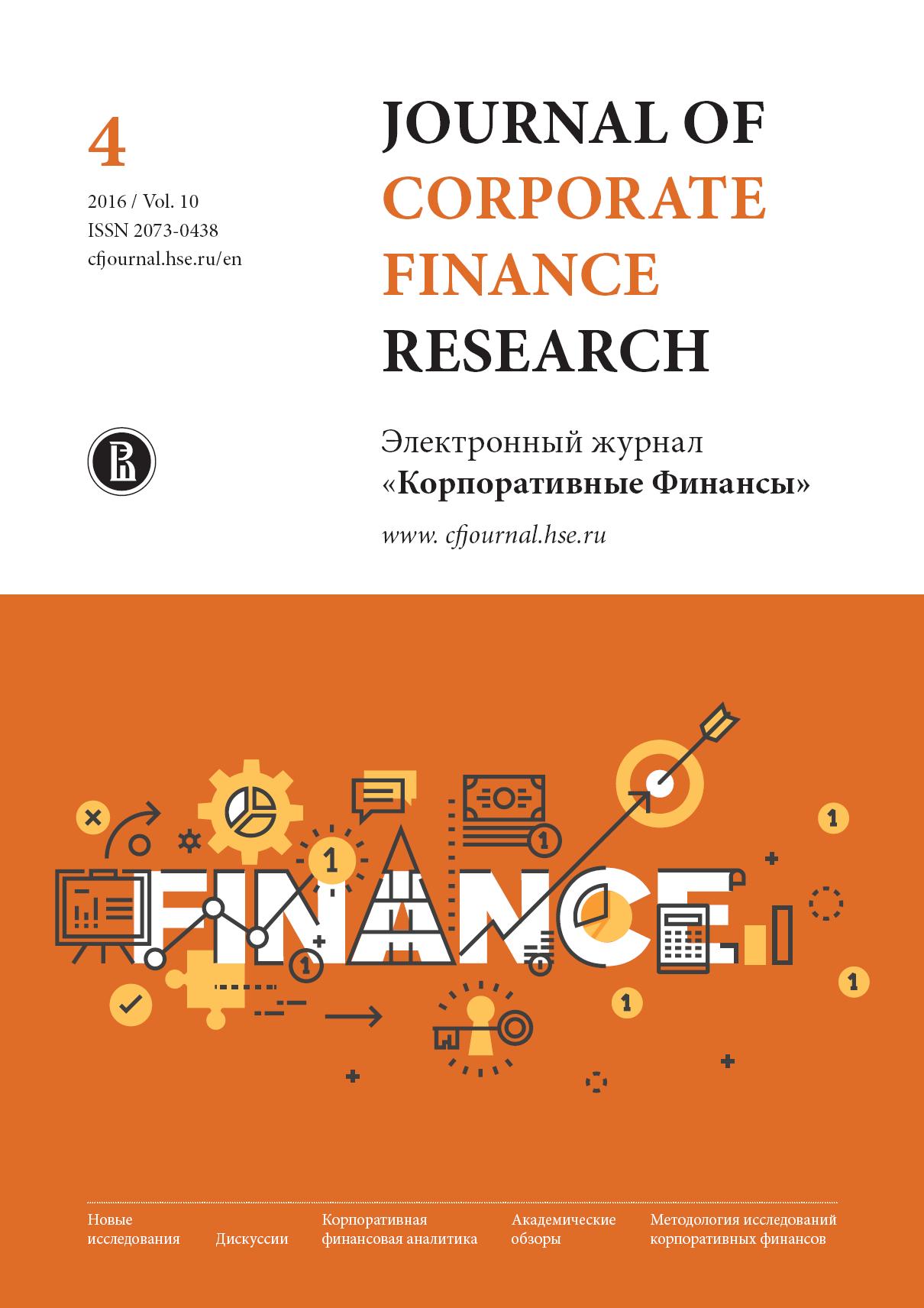Do Large European Banks Benefit from Sound Corporate Governance in Good and Bad Times?
Abstract
Anastasia N. Stepanova - National Research University The Higher School of Economics
E-mail: anstepanova@hse.ru
Ivantsova Olga Mikhailovna - expert: Faculty of Economics, Research and Training Laboratory of Corporate Finance, HSE.
E-mail: oivantsova@hse.ru
This paper aims to investigate the effect that internal corporate governance mechanisms have on the performance of commercial banks, how it differs for developed and emerging European markets, and whether it has changed as a result of the financial crisis. The key statistical tool used in the paper is the panel data analysis of the sample of 150 banks from 27 countries, over the period 2004-2011. We document the evidence partially supporting the effectiveness of smaller boards of directors, while the board independence seems to be negatively associated with the strategic performance of banks, especially in emerging markets and in times of a crisis. In emerging markets, state-owned banks appear to be more market-efficient, while high ownership concentration is considered by market players to be a negative signal. Studying the 2008 financial crisis period provides the evidence for structural movements in nonfinancial performance drivers.

